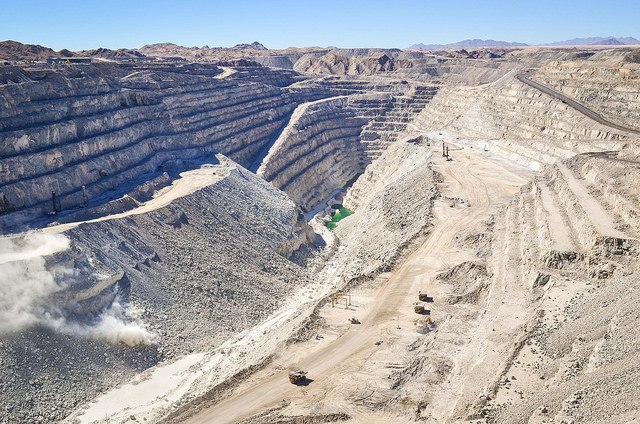Accessing and using UK-based extractive company reports on payments to governments data
Blogs and News

PWYP UK’s short practical multi-lingual guide to accessing 130 UK-based extractive companies’ payments to governments reports is available now in English, French and Spanish.
This blog and the linked resources were updated in August 2020.
More than 130 oil, gas and mining companies incorporated in the United Kingdom or listed on the London Stock Exchange (LSE) have published annual reports on payments to governments under UK law. At least 128 extractive companies have reported in other European Union countries, 850 in Canada and 10 in Norway. Equivalent reporting legislation awaits implementation in the United States. Similar laws have been drafted and proposed in Switzerland, Ukraine and Australia. The UK government has concluded a positive initial review of its payments to governments regulations.
Publish What You Pay has campaigned for years for laws requiring extractive companies to disclose their payments to governments worldwide, country by country and project by project, every year, as a complement to the EITI. Now that we have a growing body of public mandatory payment data, it would be good to increase our use of the data.
New two-page guide from PWYP UK
To help PWYP coalitions, member organisations and others in civil society access and use the 130-plus UK-based extractive companies’ payments to governments reports, PWYP UK has produced a short practical multi-lingual guide to accessing these reports. The two-page guide is available in English, French and Spanish, with links to UK-incorporated company reports here and UK-listed (London Stock Exchange) company reports here.
The guide shows how to access data on payments made to governments in 2015, 2016 and 2017 all over the world. Companies that have published their payments this way include Aggregate Industries/LafargeHolcim, Anglo American, Antofagasta, BHP Billiton, BP, China Petroleum & Chemical (Sinopec), Gazprom, Glencore, Lonmin, Lukoil, Premier Oil, Randgold, Rio Tinto, Rosneft, Royal Dutch Shell, Seplat, Soco, South32, Total, Tullow and Vedanta.
As well as explaining how to access reports via the two official UK web portals, the guide also briefly explains NRGI’s www.resourceprojects.org portal. This provides access to mandatory payment data published across the EU (including in the UK) and in Canada and Norway.
Why should civil society access the reports and use the data?
Payments to governments reporting helps deter and prevent corruption and fiscal mismanagement. Companies that are required to publish their payments are less likely to enter into corrupt or questionable deals with governments. Governments are less likely to mismanage the revenues knowing that the money received is publicly reported.
Civil society can achieve more by understanding and publicising the payments made and reported by companies in particular countries and for specific projects. Knowledge empowers. If we detect surprising or questionable payments, we can call for the government and company involved to explain. We can use the data to help citizens and local communities judge if individual oil, gas or mining projects are good value and to demand accountability for how each government spends the money. This includes judging whether a project’s public revenues and how they are spent compensate fairly for negative social and environmental impacts at national or subnational level.
Fiscal transparency is also potentially a step towards greater transparency and accountability for extractive industry impacts on livelihoods, human rights and the environment. If we can also achieve full beneficial ownership disclosure and contract transparency (better still, open contracting) – as well as disclosure of payments to governments for the first sale oil, gas and minerals (commodity trading) – we will be well on the way to opening up the extractive sector.
The UK government, the European Commission and others have asked civil society for evidence that payments to governments reports really do help improve extractive industry governance and ultimately citizens’ lives. The more we can make this happen and demonstrate it is happening, the more secure will be the political achievement of opening up extractive company payments and government revenues to public scrutiny.
Data-based advocacy partnerships
Building on its 2016 Data Extractors project, PWYP UK is working with several PWYP member organisations around the world to analyse payments and conduct data-based advocacy focused on UK-based extractive companies’ transparency reports. To discuss possible collaboration, please contact [email protected] in English, French or Spanish.










